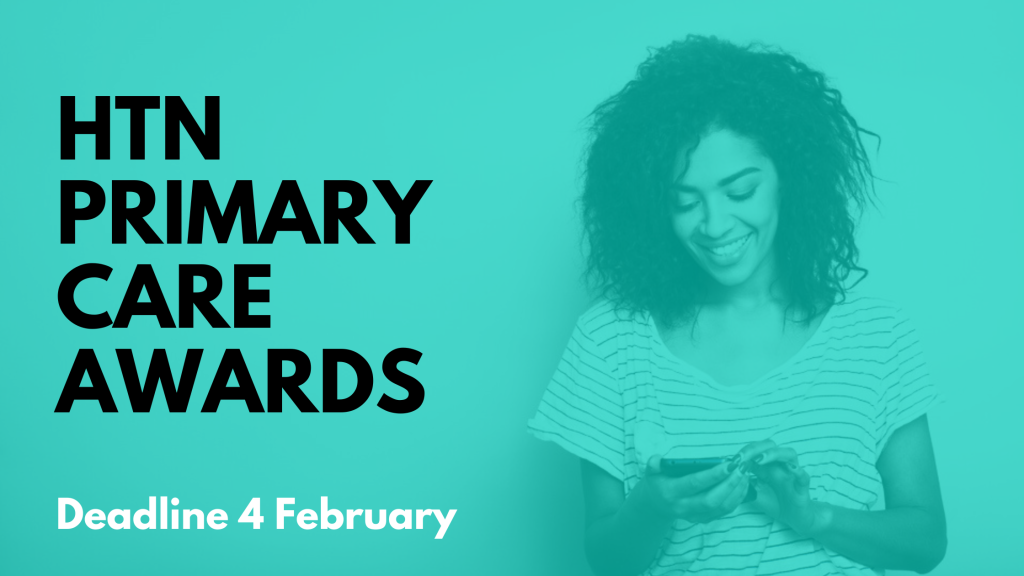A total of 17 health tech projects designed to reduce waiting times for children and young people’s mental health treatment have been awarded a share of £1.5 million through the NIHR’s Invention for Innovation (i4i) programme.
NIHR highlights that “these newly-funded technologies could offer solutions by finding ways to streamline services, detect problems earlier, and deliver timely, personalised support when it’s needed most.”
Among the funded projects is Enrich Digital Technologies Ltd’s AI-powered triage tool, designed to help signpost families to the right care pathways and services in order to access support faster. Halara XR is using VR to monitor children’s behaviour during everyday tasks to guide on early support and referrals, and Tiny Medical Apps plans to add a new “mood and feelings” tracker to the NHS Digital Health Passport.
Elsewhere, King’s College London is focusing on improving ADHD identification rates with a fully automated online screening tool, and Bounty Media Ltd is evaluating a “scalable, AI-driven care coordination platform” for developmental paediatrics. The University of Cambridge is working on the validation of Artemis-A for early identification and waiting list management in children’s mental health services, and XR Therapeutics Limited is attempting to answer the question: “Can AI-powered, self-guided digital therapy improve access while reducing NHS workforce strain?”.
NIHR’s HealthTech Research Centre in Paediatrics and Child Health’s focus is on accelerating innovations that reduce delays, empower families, and support clinicians with “smarter tools”, director Paul Dimitri noted. “The NIHR i4i FAST funding to support these companies in developing vital technologies marks a crucial step toward building a more responsive and equitable system for the children and young people who need it most.”
Wider trend: tech in health innovation
The European Health and Digital Executive Agency (HaDEA) is calling for proposals on innovations to support crisis preparedness for future health emergencies, in line with the 2025 EU4Health Work Programme. The programme is one of four EU-wide health programmes, designed to improve the resilience of European healthcare systems, and offers funding via grants and public procurement opportunities to national authorities and health organisations. HaDEA “manages the vast majority” of this budget, and is also responsible for overseeing calls for proposals and tenders to 2027.
Innovate UK and the Department for Science, Innovation and Technology, in partnership with Lilly, are offering NHS organisations the chance to apply for a share of up to £85 million for projects offering innovative community and primary care based weight management pathways. The funding is split into three “strands”. The first is for access and management services, covering a patient-centred access service based on clinical need and addressing health inequalities, including multiple referral inputs across triage, onward referrals, escalation, care pathway management, and reporting. Supporting optimal use of national and local weight management services, innovations may be digital, physical, or hybrid.
Innovate UK is granting £3.6 million to supplier-led projects delivering digital therapeutic solutions for mental health, focusing on extended reality tech such as virtual reality, augmented reality, mixed reality, and haptics. The Mindset XR for digital mental health programme is offering funding to 17 projects in total, that address conditions spanning ADHD, autism, generalised anxiety disorder, and PTSD, with the aim of treating more people, including those in remote or underserved areas.






